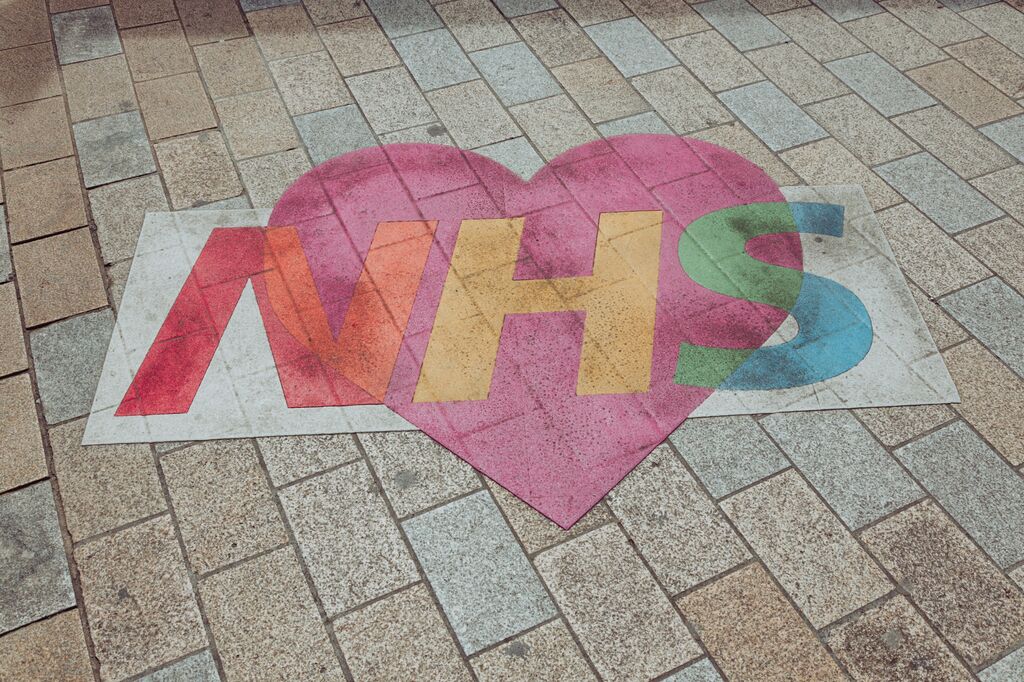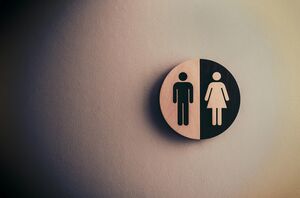Transgender
Staff told to use toilets based on ‘sex at birth’

The NHS health board at the centre of a complaint about the use of single sex spaces has instructed staff to use facilities based on their sex at birth.
NHS Fife have updated their policy after a warning from the UK equality watchdog that it would enforce April’s Supreme Court ruling that the term "sex" refers to biological sex.
The Scottish government has also written to health boards to “reinforce the importance of ensuring the law is followed.”
NHS Fife’s Equality Impact Assessment states that facilities provided separately for men and women should be used by those “whose sex at birth corresponds with the facility.” They added that they would provide a “balanced mix of single-sex, gender-neutral, and accessible facilities.”
A previous controversy
NHS Fife was taken to an employment tribunal in May of 2024 by Christian nurse Sandie Peggie. She had shared a changing room on Christmas Eve with Dr Upton, who was born male but identifies as female. Ms Peggie felt uncomfortable and exchanged words with Dr Upton, after which a complaint was raised by Dr Upton about her behaviour.
NHS Fife suspended Ms Peggie pending an investigation which has since cleared her of misconduct. The outcome of the tribunal, however, is still to be determined, and has the potential to continue for many months more.
A response to the law
This week’s decision comes as a result the decision of the Supreme Court that ‘sex’ refers to biological sex, and therefore a transgender woman (a man who identifies as a woman) is legally considered male.
In their interim guidance, the equality watchdog has explained that this decision means that transgender people should be barred from facilities such as toilets and hospital wards designed for the gender they live as, not the gender they were born with.
NHS Fife has warned that LGBT+ staff “may feel less safe in communal spaces if harassment risk is not managed.” However, campaigners have called the development a victory for ‘common sense’ and protection for the safety and privacy of women.
Share
